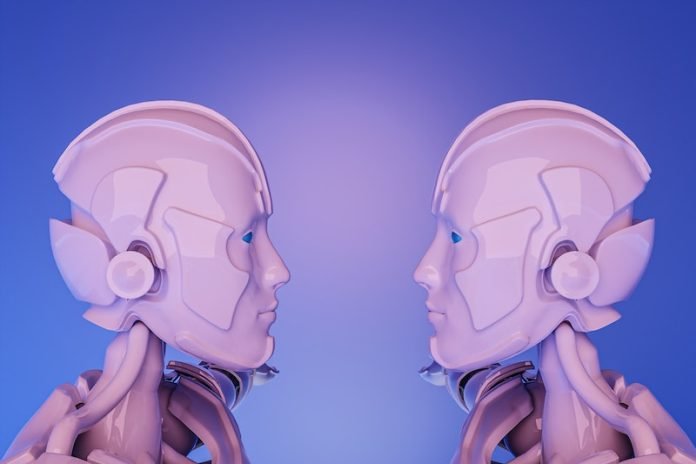
A study conducted by Newcastle University researchers shows that human-following robots have the potential to support the mobility and well-being of older adults.
Published in the journal Scientific Reports, the research suggests that these robots can not only physically assist during walks but also facilitate social interactions within the community.
The study examined the utility and social impact of human-following robots, specifically the Piaggio Fast Forward’s Gita, on older adults.
Designed to follow its human operator and carry cargo, the Gita can carry up to 18 kg of items in its internal compartment.
Researchers analyzed participants’ feedback on videos of an older adult interacting with the Gita in a real-world scenario.
Key Findings
Participants, with an average age of 75, reported that the robot would be particularly useful for local shopping trips as it could carry belongings, thereby alleviating the physical burden.
Some even mentioned that the robot could double as a seat for rest during walks.
The study also found that the robot could serve as a talking point, potentially encouraging social interaction within the community.
While many participants felt they did not currently need such robotic assistance, they recognized its potential utility should their health decline in the future.
Implications for Design and Future Research
The team at the National Innovation Centre for Aging (NICA) on Newcastle Helix is currently testing the Gita robots.
According to Professor Nicola Palmarini, Director of the UK’s NICA, the research is part of a broader initiative aimed at using emerging technologies to combat isolation among older adults and promote healthy aging.
Study co-author, Professor Phil Blythe, emphasized the importance of developing transport systems and services to support the mobility of older adults.
Future improvements to the Gita’s design are needed, such as enhancing its navigational capabilities and implementing security features that connect to a remote operator.
Conclusion
The Newcastle University study showcases the promising potential of human-following robots in supporting the physical and social well-being of older adults.
While participants found the robots could be beneficial for various tasks and social interactions, researchers recommend design improvements to better cater to the needs of the elderly.
Further real-world testing is underway to validate these findings.
About the Researchers
The study was led by Dr. Shuo Li and based on the final-year research of former Master of Engineering student, Kirsty Milligan. Professors Nicola Palmarini and Phil Blythe also co-authored the study, emphasizing its importance in the larger context of mobility and aging.
While the study highlights the advantages of such robots, it also discusses potential limitations, including possible negative interactions between the robots and other individuals.
The study recommends that future designs should focus on navigational improvements and enhanced security features.
If you care about dementia, please read studies about Vitamin B9 deficiency linked to higher dementia risk, and how flavonoid-rich foods could help prevent dementia.
For more information about brain health, please see recent studies that cranberries could help boost memory, and how alcohol, coffee, and tea intake influence cognitive decline.
The study was published in Scientific Reports.
Follow us on Twitter for more articles about this topic.
Copyright © 2023 Knowridge Science Report. All rights reserved.



